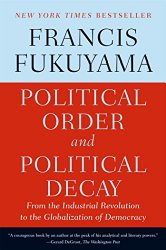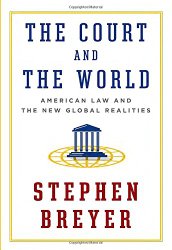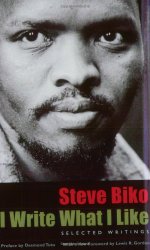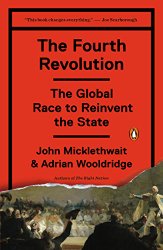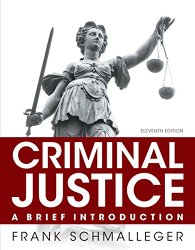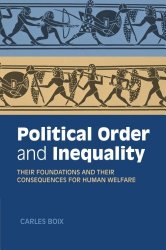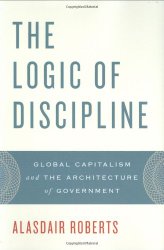The second volume of the bestselling landmark work on the history of the modern stateWriting in The Wall Street Journal, David Gress called Francis Fukuyama’s Origins of Political Order “magisterial in its learning and admirably immodest in its ambition.” In The New York Times Book Review, Michael Lind described the book as “a major achievement by one of …
Legal Theory
In the bestselling tradition of The World Is Flat and The Next 100 Years, THE ACCIDENTAL SUPERPOWER will be a much discussed, contrarian, and eye-opening assessment of American power. Near the end of the Second World War, the United States made a bold strategic gambit that rewired the international system. Empires were abolished and replaced by a global …
The Court and the World: American Law and the New Global Realities
In this original, far-reaching, and timely book, Justice Stephen Breyer examines the work of the Supreme Court of the United States in an increasingly interconnected world, a world in which all sorts of activity, both public and private—from the conduct of national security policy to the conduct of international trade—obliges the Court to understand and consider circumstances beyond …
“The most potent weapon in the hands of the oppressor is the mind of the oppressed.” Like all of Steve Biko’s writings, those words testify to the passion, courage, and keen insight that made him one of the most powerful figures in South Africa’s struggle against apartheid. They also reflect his conviction that black people in South Africa …
The Fourth Revolution: The Global Race to Reinvent the State
From the bestselling authors of The Right Nation, a visionary argument that our current crisis in government is nothing less than the fourth radical transition in the history of the nation-stateDysfunctional government: It’s become a cliché, and most of us are resigned to the fact that nothing is ever going to change. As John Micklethwait and Adrian Wooldridge show us, that is a …
For courses in Introduction to Criminal Justice The gold standard for criminal justice texts Criminal Justice: A Brief Introduction, Eleventh Edition offers a contemporary, authoritative look at crime in America with a focus on police, courts, and corrections. To make information resonate with students, Schmalleger asks readers to consider …
The fundamental question of political theory, one that precedes all other questions about the nature of political life, is why there is a state at all. Is human cooperation feasible without a political authority enforcing it? Or do we need a state to live together? This problem then opens up two further questions. If a state is necessary …
This book is a description of the current political climate with President Barack Obama at the helm. It rejuvenates an ideal that Americans are free in a country who’s forefathers had a vision, a path, and the solution to freedom for not only themselves, but for all peoples who chose to come to America to defined their …
Breastfeeding Answers Made Simple: A Guide for Helping Mothers
Breastfeeding Answers Made Simple explains what you need to know about both cutting-edge and …
The Logic of Discipline: Global Capitalism and the Architecture of Government
The era of economic liberalization, spanning 1978 to 2008, is often regarded as a period in which government was simply dismantled. In fact, government was reconstructed to meet the needs of a globalized economy. Central banking, fiscal control, tax collection, regulation, port and airport management, infrastructure development-in all of these areas, radical reforms were made to the …
